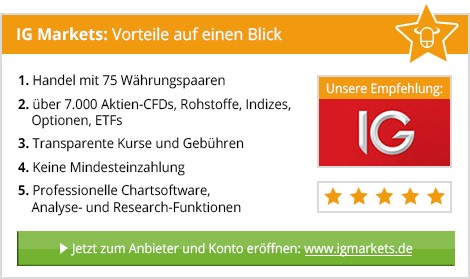DMA Forex brokers
Post on: 16 Апрель, 2015 No Comment

DMA Brokers. What is DMA?
DMA — Direct Market Access — is a type of FX execution where traders are offered direct access to the physical market, enabling them to place trading orders with liquidity providers (leading foreign exchange banks, other brokers, market makers etc).
Sounds similar to STP and ECN dealing? It’s close, but there is a difference.
DMA/STP Forex brokers list
Do you know another DMA Forex broker?
Please suggest by adding a comment below. Thank you!
DMA/STP vs STP
With regular STP (Straight Through Processing) — a broker will fill clients’ orders (though Instant execution) on his own side. Then a broker will go to hedge these orders with own liquidity providers.
Since a broker seeks profits in this hedging operation, traders can experience re-quotes if there is no profitable hedging opportunities for a broker at the very moment your trading request was submitted.
The price you get from an STP broker will be higher than the best price a broker can receive from the liquidity provider.
With DMA/STP (Direct Market Access STP) — a broker will pass clients’ orders directly to the liquidity providers, where it’ll be filled at the best available price with one of the liquidity providers (+ a small fixed mark-up from the broker).
This is done using Market execution, which ensures that all orders will be filled at the best offered rate (which, however, might not be the exact rate you clicked on (your connection speed combined with short-lived price bids from liquidity providers), but since DMA technology always has only real tradable prices, there will be no re-quotes, your trade will always be opened and closed on your click.
DMA/STP brokers
DMA/STP brokers provide transparent direct access to the best bid/ask prices offered by liquidity providers.
Unlike regular STP brokers:
1) DMA broker has a greater number of liquidity providers;
2) DMA broker never offers fixed spreads, only variable, because bid/ask prices constantly change as they come from liquidity providers;
3) DMA order execution is always Market execution;
4) There is no re-quotes.
5) DMA can also offer Depth of the Market book (similar to ECN), where traders are able to see all bid/ask quotes from different liquidity providers;
6) DMA trading model welcomes traders of all types and styles: scalpers, news traders, swing traders, position traders or other regular traders.
DMA vs ECN
Spread competition
Each DMA broker has his own contract with each liquidity provider (LP), and even with the same LPs these contract conditions may vary from broker to broker.
Even then, DMA spreads are quite competitive comparing to ECN. This is explained by 2 factors:
- ECN brokers are connected to anonymous ECN pools (where there are no direct contracts with each LP). Inside these ECN pools brokers may not receive the best possible rates from all liquidity providers (for example, banks are known to hold back their best prices inside ECN pools).
- ECN technology solutions (facilitation, processing, execution) come at a cost, which has to be paid for.
DMA/STP broker doesn’t have fewer technology expenses and no ECN-associated expenses. The spreads from DMA/STP brokers remain low because these brokers enjoy the best direct price quotes from the banks and/or other liquidity providers. To make profits, DMA/STP brokers add small mark-ups to all spreads they pass from liquidity providers.
Execution
- DMA price rates are streamed directly from liquidity providers, which are committed to their bid/ask offers. This ensures that there will be no re-quotes, rate rejections or partial fills.
- While due to the nature of ECN liquidity pools (where anonymous participants can place illusive orders and then reject them) traders might see more re-quotes, slippage and partial fills.
Fee Structure
- ECN brokers are compensated though commission.
- DMA brokers add a small fixed mark-up on the spreads, but there is no commission.
(Some DMA brokers can also charge monthly volume fees (including inactivity fees) based on investor’s trading volume. Thus if you don’t plan to trade frequently and with high volume, you may end up paying higher fees for the privilege to trade on best price quotes and low spreads with such DMA brokers).














